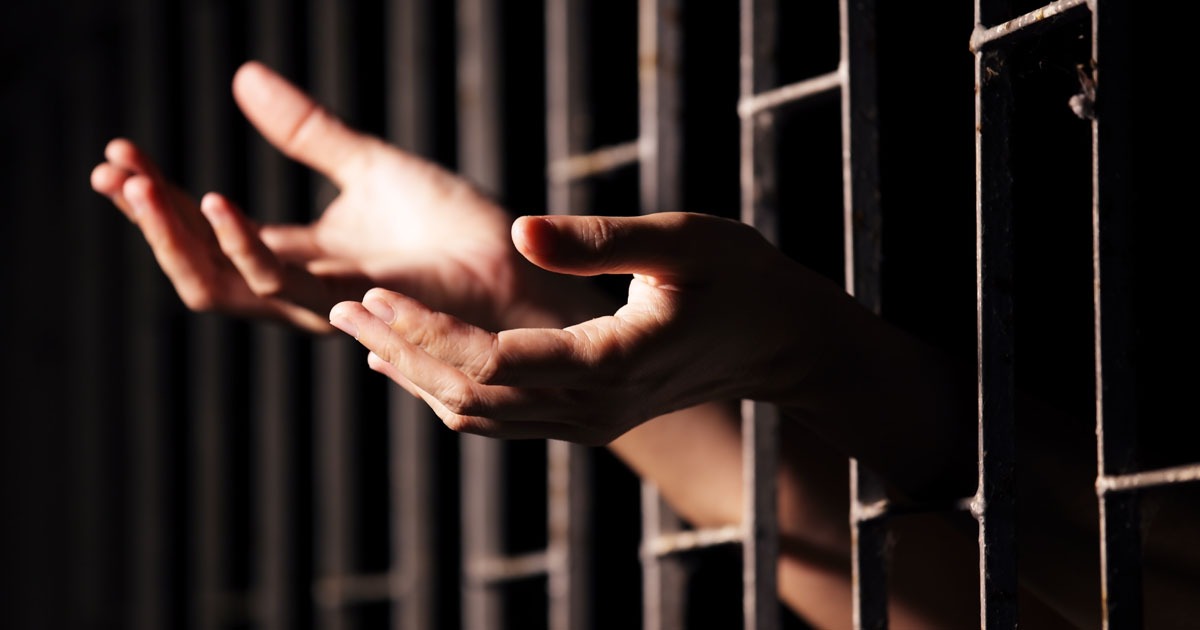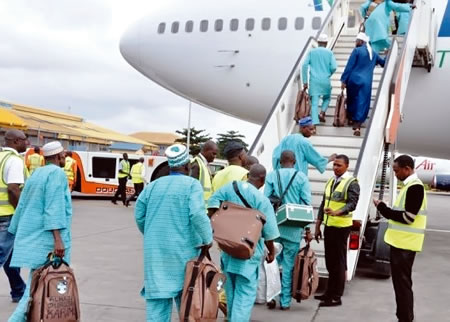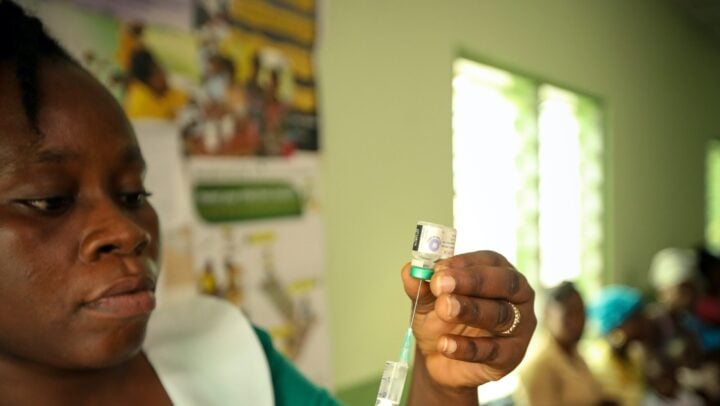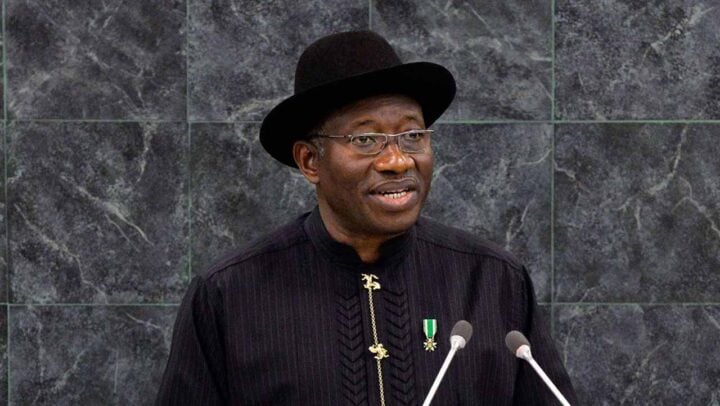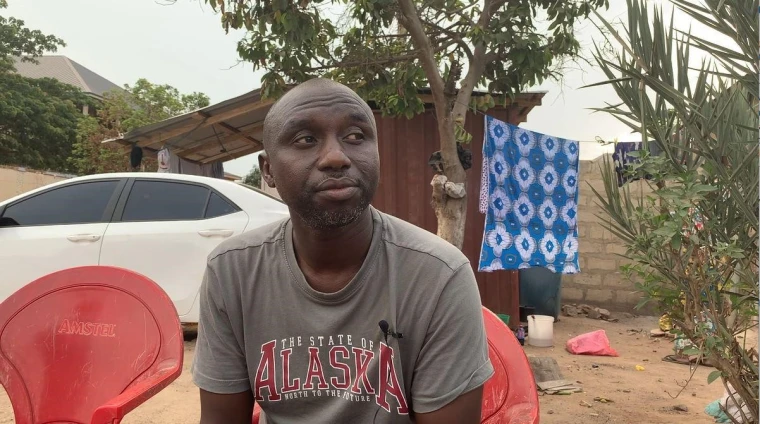Iranian authorities have filed charges of “propaganda” and “violation of national security” charges against three female journalists.
The trial of the journalists – Saeideh Shafiei, Mehrnoush Henzaki, and Nasim Beigi – was scheduled for Monday with each of them facing up to five years in prison.
According to Human Rights Watch (HRW), the charges against Shafiei relate to several articles she wrote in the monthly online Peace Mark magazine on topics such as rising poverty and the government’s management of energy subsidies and public resources.
The charges against Henzaki are about her articles on reproductive laws and the state of Iran’s national parks while that of Beigi’s are based on her collaboration with numerous domestic and foreign media outlets.
Advertisement
The rights group added that the prosecutor has sought the most severe penalty for Beigi due to her lack of cooperation during her interrogation and promotion of the removal of the hijab.
The trial follows the pattern of events that led to the death of Mahsa Amini, a 22-year-old Iranian woman who died under suspicious circumstances.
In September 2022, Amini was detained by the morality police for not wearing a hijab according to national standards.
Advertisement
Protesters accused the authorities of causing Amini’s death by fatally injuring her during the arrest. Women massively posted videos of themselves cutting their hair and burning their hijabs in protest against the authorities.
PRESS FREEDOM IN IRAN
The HRW described the arrest of the three Iranian journalists as unfair, saying the country’s “judiciary has once again begun summoning and harassing media practitioners and human rights defenders, punishing anyone who refuses to remain silent”.
“The authorities have been relentless in prosecuting and punishing anyone reporting on the social issues and grievances that were central to the protests over the last months,” the report added.
Advertisement
In the latest Reporters Without Borders (RSF) press freedom index, Iran ranked 177 out of 180 countries with repressive policies and actions against journalists.
Journalists found guilty of going against the country’s laws face arrests, long prison terms, and even the death penalty.
Add a comment
